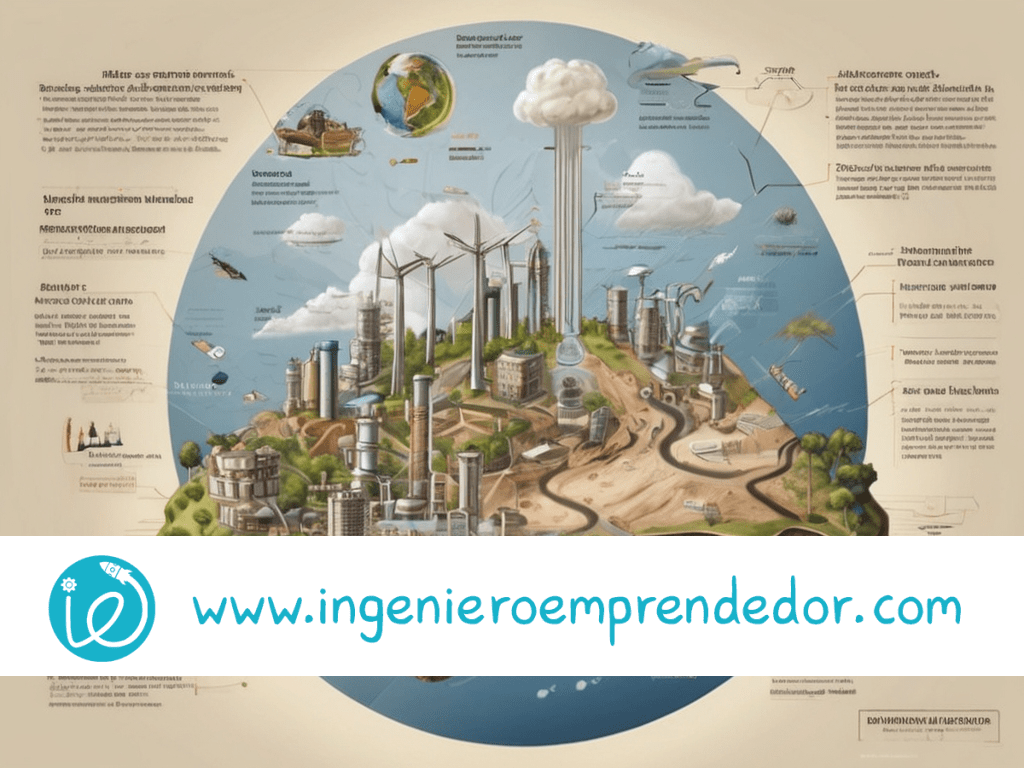Renewable Hydrogen and Climate Change: Progress or Setback?

As a hydrogen expert, I delve into a hot topic that arouses both hope and skepticism: Is renewable hydrogen the key to combating climate change, or just another misstep in the fight for a sustainable future?
1. Hydrogen: The Fuel of the Future?
In the battle against climate change, the quest for alternative and sustainable energy sources has become a race against time. Hydrogen, a lightweight and abundant element in the universe, has emerged as a potential contender in this contest. However, its potential as an ally in the fight against global warming is not without challenges and controversies.
Renewable hydrogen, obtained through water electrolysis using renewable energy, has been hailed as the holy grail of clean fuels. Its combustion produces only water as a byproduct, promising a significant reduction in greenhouse gas emissions. However, this potential only materializes if hydrogen production is truly sustainable from both environmental and economic standpoints.
2. Myths and Realities of Renewable Hydrogen
Although renewable hydrogen appears to be a promising solution, it is not without its challenges. From the efficiency of electrolysis to storage and distribution, every stage of the hydrogen lifecycle presents technical and economic obstacles. Additionally, the reliance on rare metals in technologies like fuel cells raises questions about the long-term viability of hydrogen as a truly sustainable alternative.
However, the production of renewable hydrogen is not without its own challenges. The electrolysis process, which uses electricity to separate hydrogen from water, requires significant energy consumption. If this energy comes from non-renewable sources such as coal or natural gas, hydrogen production may even increase CO2 emissions.
3. Global Perspectives: A Contrasting Analysis
To properly assess the impact of renewable hydrogen on climate change, considering global perspectives is crucial. Countries like Germany and Japan are heavily investing in hydrogen infrastructure development, while others like China are rapidly advancing towards large-scale production. However, real progress will only be achieved if these initiatives are combined with robust policies on renewable energy and emissions reduction.
4. The Role of Innovation and Collaboration
For renewable hydrogen to be a viable solution in the fight against climate change, a multifaceted approach is required. Technological innovation, investment in infrastructure, and international collaboration are essential elements for overcoming current challenges and maximizing the potential of hydrogen as a clean and renewable fuel.
5. Conclusions: Moving Towards a Sustainable Future
Ultimately, renewable hydrogen represents an exciting opportunity to drive the transition towards a cleaner and more sustainable energy future. However, to make this vision a reality, we must address existing challenges with determination and commitment. Only through coordinated global action can we harness the full potential of renewable hydrogen and successfully confront the challenge of climate change.
In summary, renewable hydrogen can be both progress and setback in the fight against climate change. Its true impact will depend on how we tackle challenges and seize the opportunities presented by this innovative technology.
If you’re passionate about technology and the environment, I invite you to closely follow the advancements in renewable hydrogen. The future of this technology is promising and has the potential to change the world for the better.
And don’t forget that you too can be part of the change. Choose a more sustainable lifestyle, reduce your energy consumption, and support initiatives that seek a greener future. Together, we can build a better world!

























